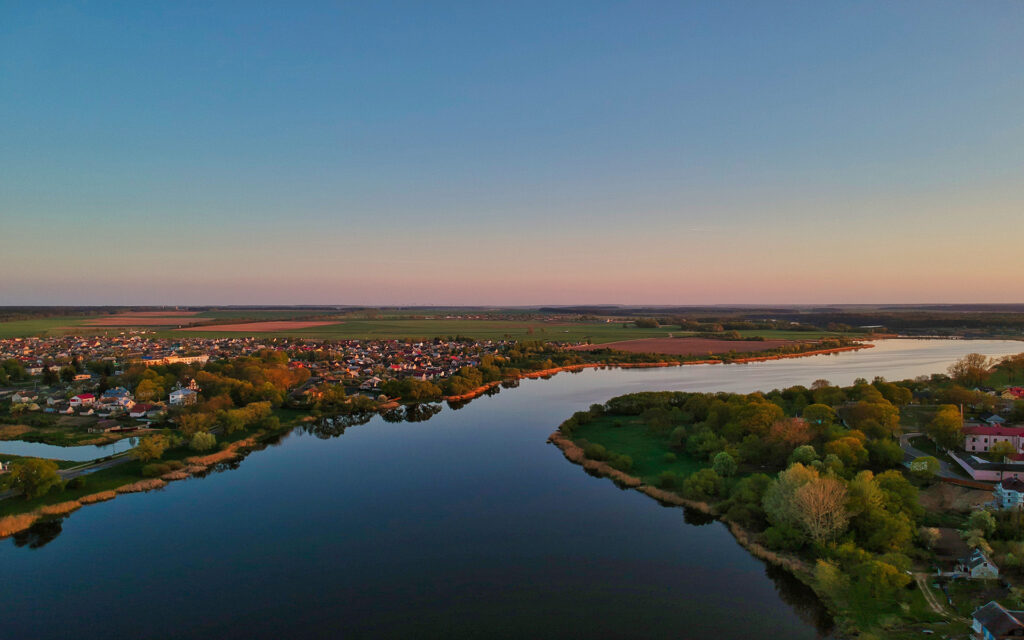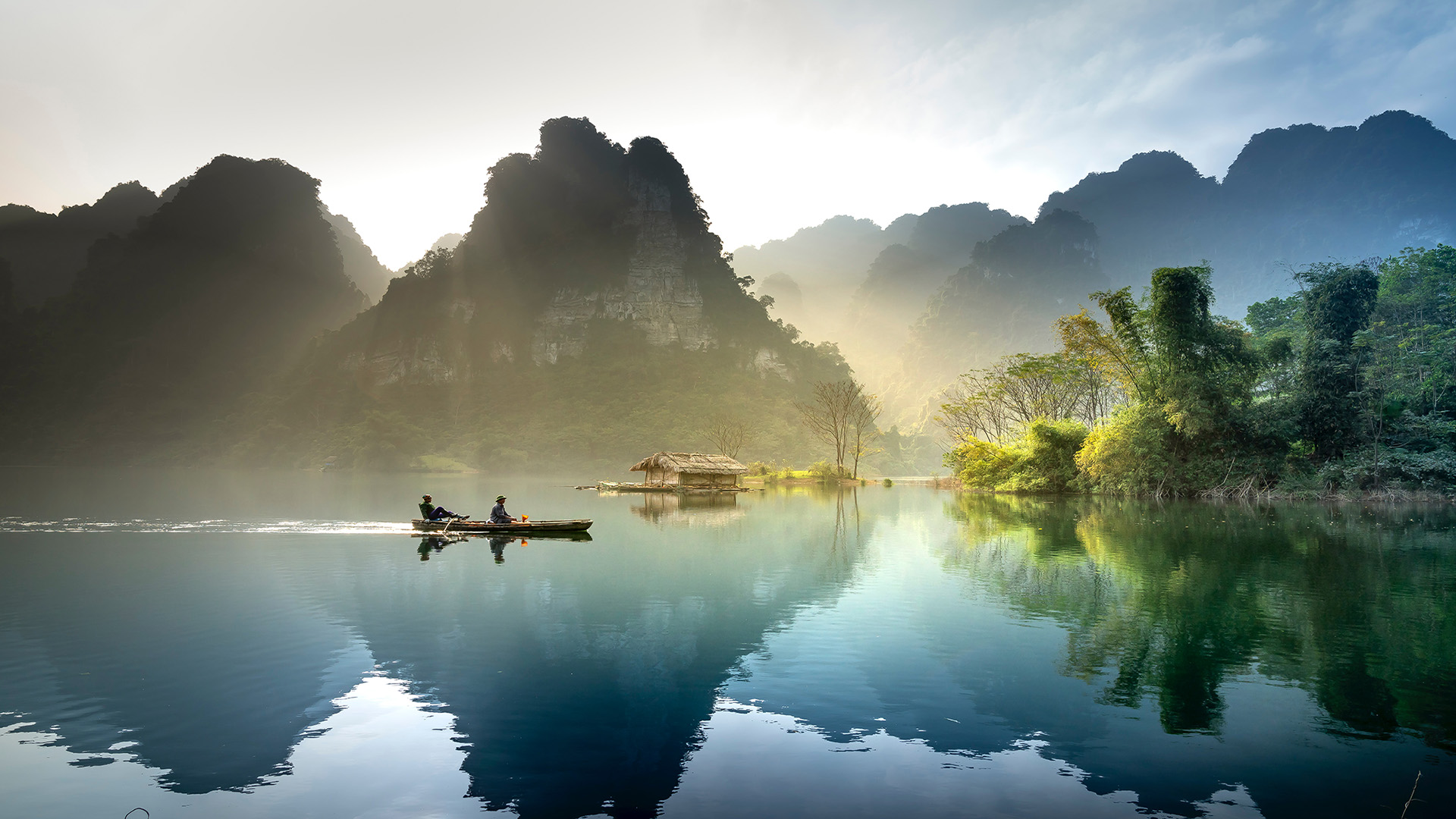The rivers are an essential component of our environment. They contribute significantly to our daily lives, but in recent decades, many of them have suffered serious threats and alterations that endanger their health. Today we ask ourselves the question: are our waterways doomed or can we still do something to save them?
Our rivers have important roles:
- Locally. Rivers play a vital role. They provide drinking water, livelihoods for wildlife, fertile land for agriculture, and are often the center of the social and cultural life of local communities. They also offer recreational and touristic opportunities, creating sustainable local economies.
- Globally. They are important freight corridors, facilitating international trade. In addition, they are essential for hydroelectric power generation, helping to reduce greenhouse gas emissions. .

The current situation
Despite their importance, our waterways are in danger for several reasons:
- Pollution. Many rivers are affected by chemical and biological pollution. Chemicals, solid waste and excess nutrients, threaten aquatic life and drinking water security for riverside communities.
- Deviation. Diverting water for agricultural, industrial or hydroelectric purposes has reduced water flow in many rivers, leading to significant impacts on river ecosystems and communities that depend on them.
- Climate change. They have caused extreme weather events, such as floods and droughts, which affect worst the rivers and surrounding regions.
- Disappearance. In some parts of the world, they are disappearing due to altered watercourses or excessive water extraction, putting river ecosystems and water resources at risk.
In recent years, in fact, we have seen disastrous events related to rivers. The sudden floods have caused destruction and death in various parts of the world, including Central Europe and South Asia. In other cases, however, the lack of water has led to conflicts between communities and even between nations, highlighting the growing scarcity of water resources.

How to limit the problem?
Each of us can make a significant contribution to protecting rivers. For example, we can begin to reduce the consumption of water, using it sparingly at personal level. Avoiding pollution is equally crucial, with proper waste management, limiting the use of harmful chemicals and involvement in river cleanup initiatives. The choice to support sustainable agriculture by purchasing products that respect the environment and reduce river pollution is another concrete action.
Companies also have an important role to play. They should adopt sustainable practices, reducing environmental impact, monitoring and reducing pollution and using environmentally friendly technologies. In addition, they can invest in river restoration, collaborating with environmental organizations on conservation projects.
The governments also play a key role in implementing laws and regulations aimed to protect rivers, promoting sustainable use of water resources, reducing pollution and investing in climate-resilient water infrastructure. A further essential factor is the public education.
There are positive examples around the world. The river restoration projects are contributing to river recovery and improving water quality.

Some countries have achieved considerable success through rigorous water management and pollution reduction policies. The collaboration between governments, companies and environmental organizations proves to be effective in preserving rivers.
An important example concerns a company actively engaged in river rescue: Patagonia, known for outdoor wear. They supported the “Blue Heart of Europe” campaign to protect the Balkan rivers from the impact of hydroelectric dams by funding environmental organisations and promoting awareness. In addition, Patagonia has reduced its environmental footprint in manufacturing by promoting sustainable materials, managing water use responsibly and by funding river conservation projects through the “Patagonia Environmental Grants Program”. This shows how a successful company can play a key role in protecting rivers and promoting environmental sustainability.
The river health is essential, but it is threatened. It’s our responsibility to protect them, at a personal, corporate and governmental level. The preservation of rivers is essential to ensure a sustainable life for future generations and for the good of our planet.





